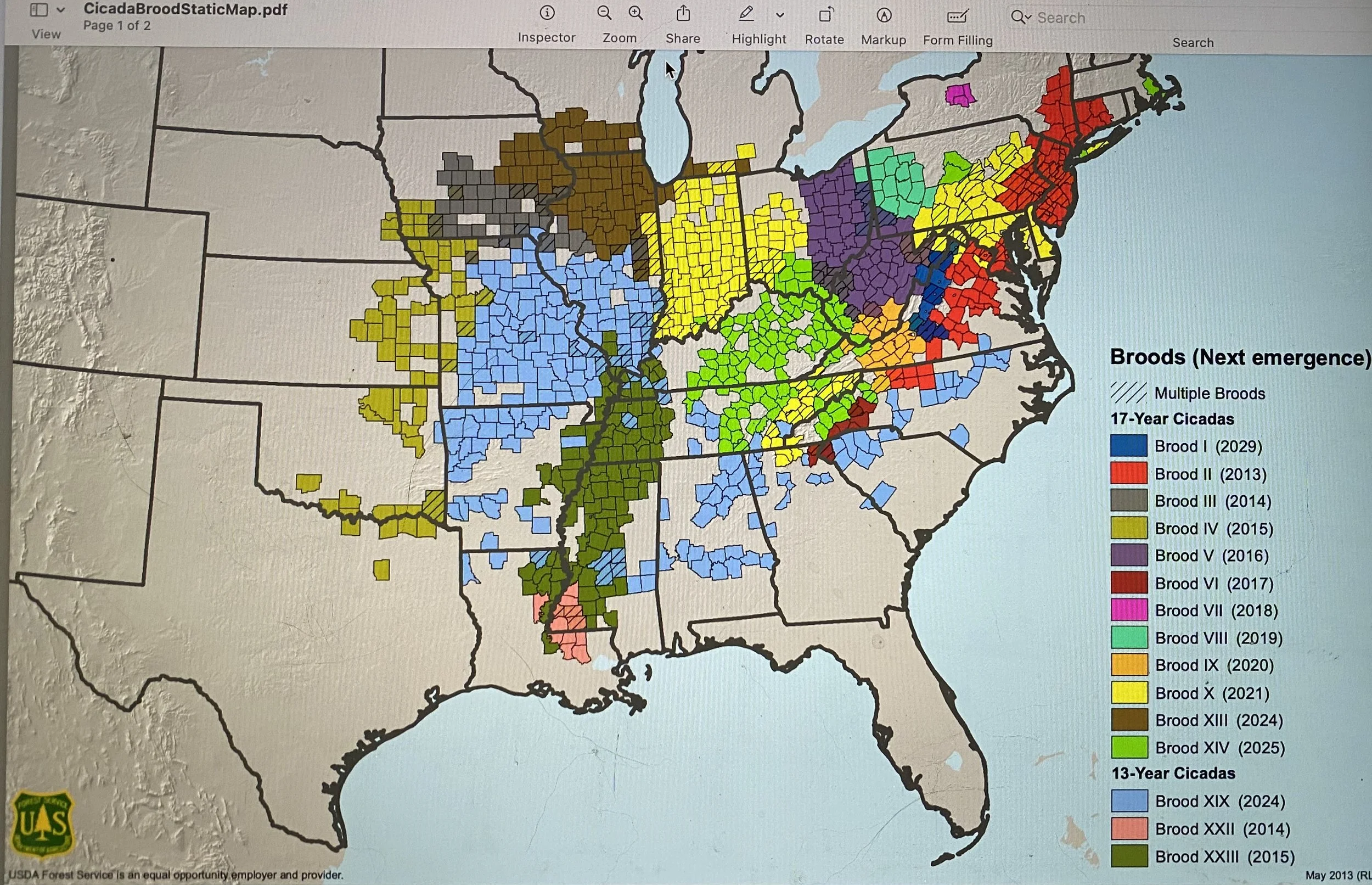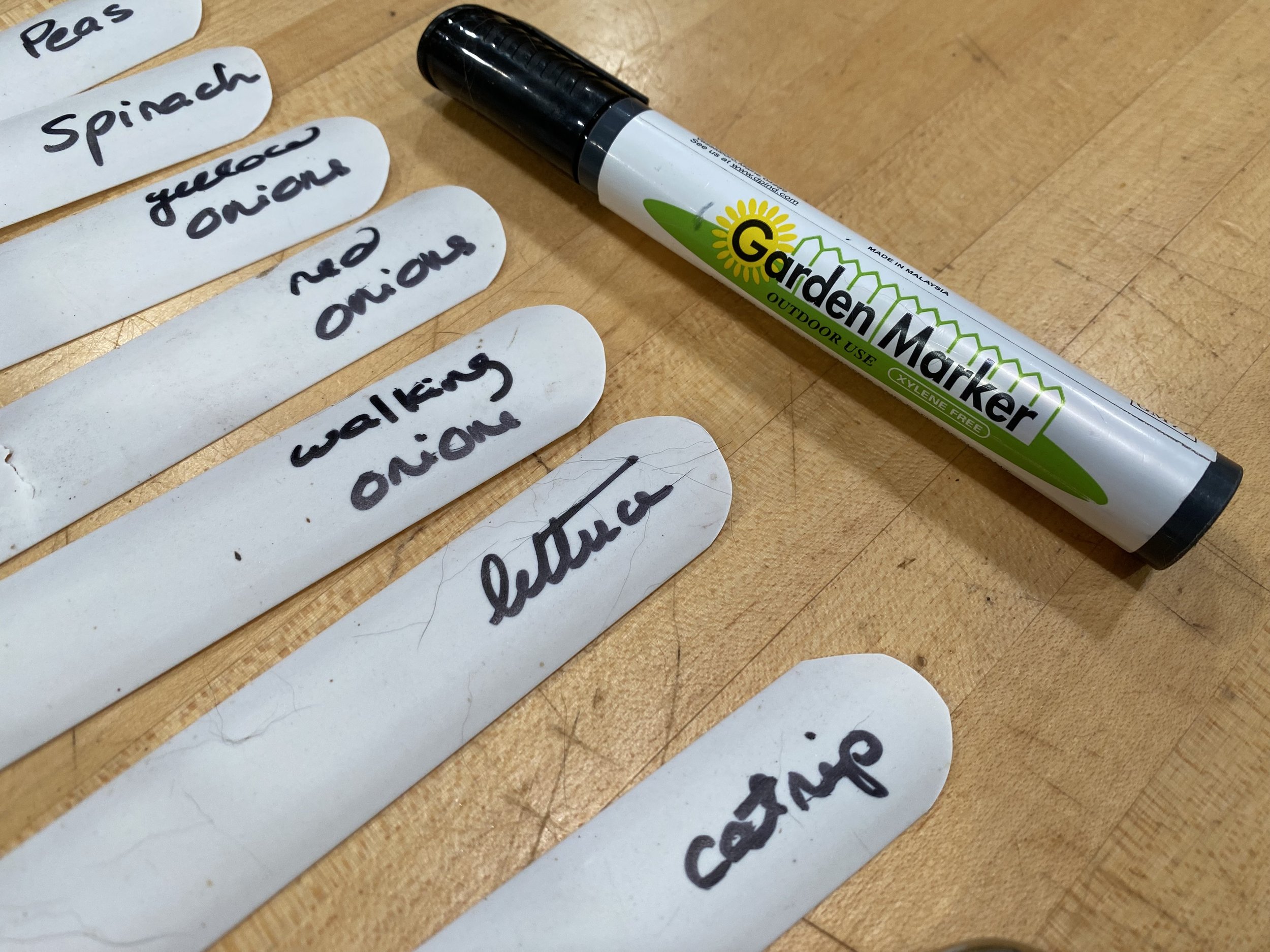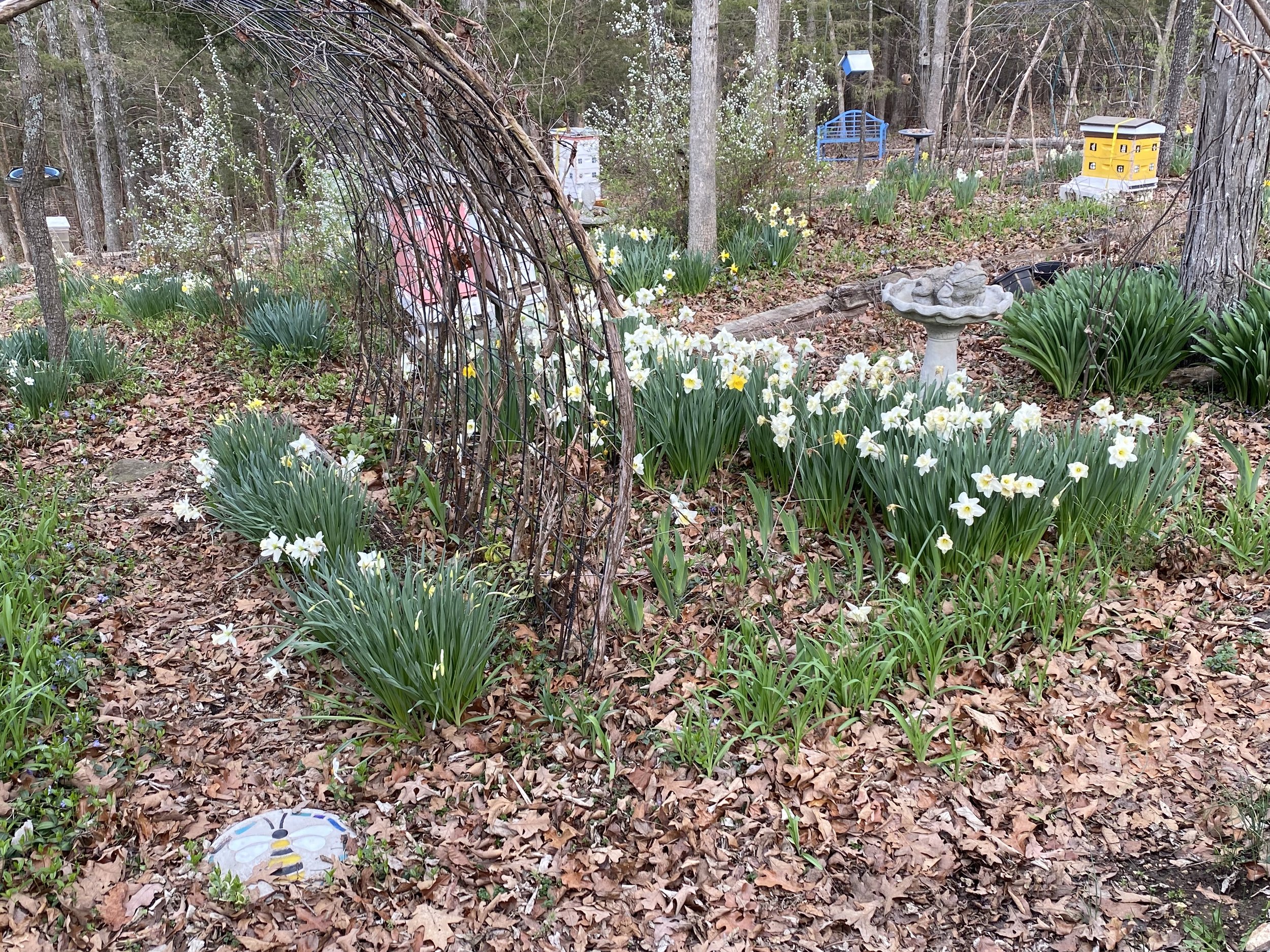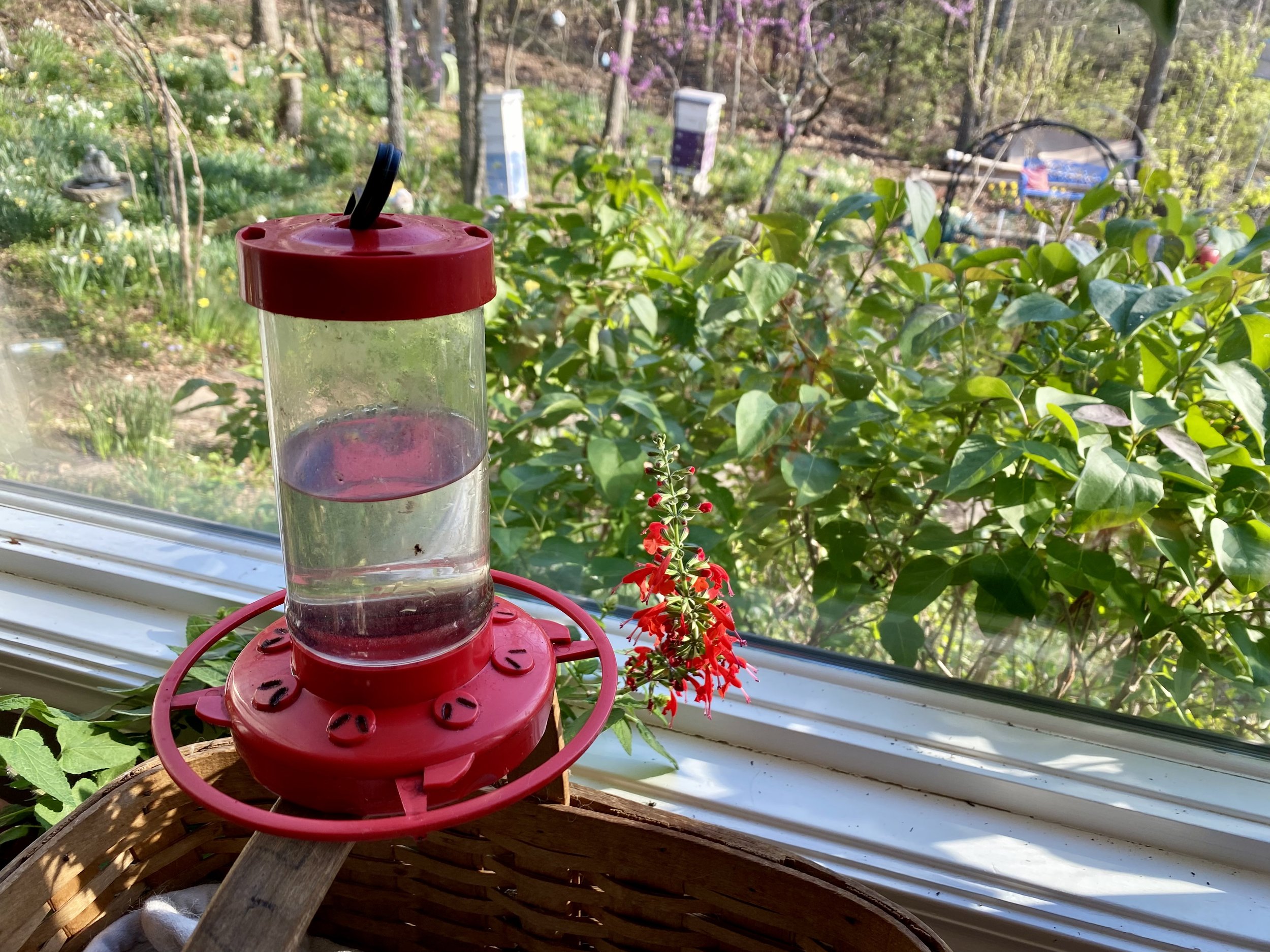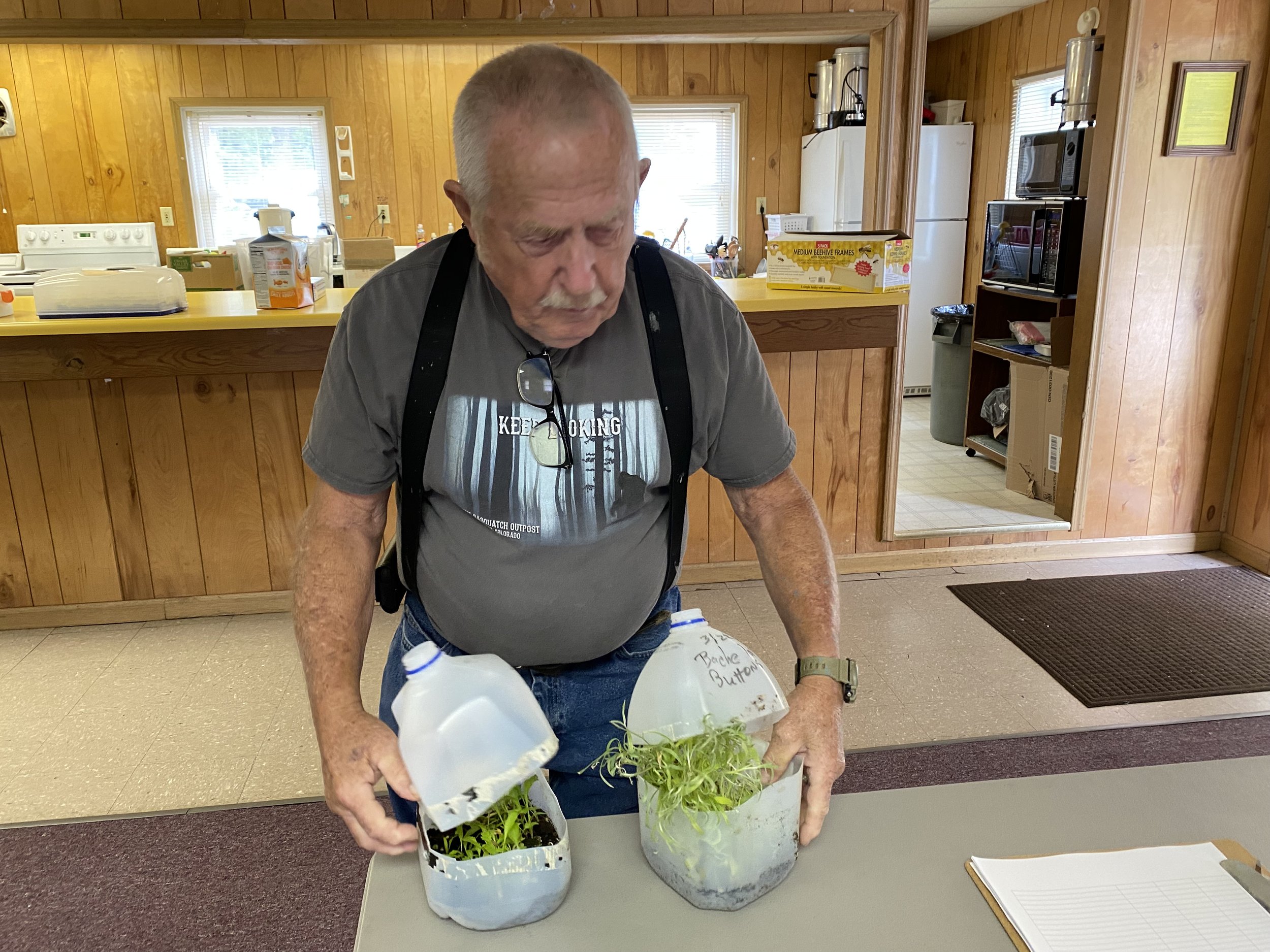Top 10 Things to Try in 2012
/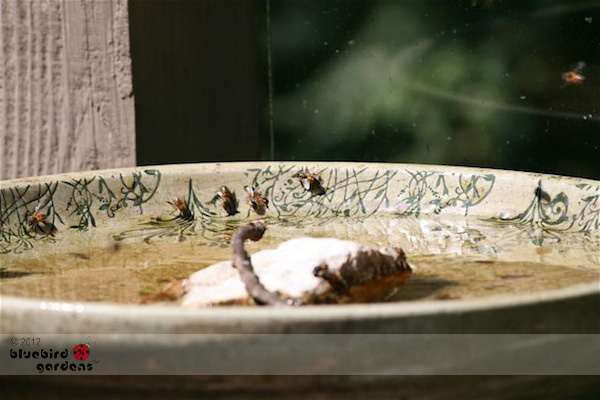
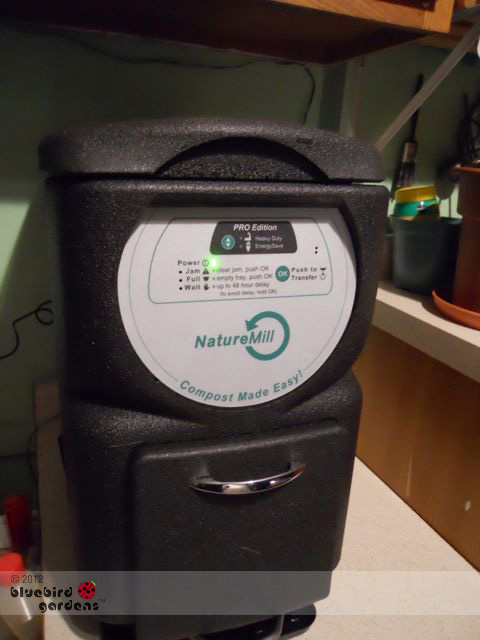
Gardening catalogs are starting to show up in my mailbox. They're a good reminder that one of the advantages of being a gardener is that you don't really have to grow up.By that I mean you're encouraged to try new seeds and plants, and to test new techniques and toys - oops tools, I meant tools. Unfortunately for gadget manufacturers, I'm not too drawn to newfangled gardening accessories, probably because gardening on a Missouri limestone hill means a pick ax is the main, and sometimes only, gardening tool that will work.
There are other things to try this year:
1. Composting. I like the tumbler-type plastic composters with a side handle for easy turning. I also have a table top Nature Mill composter in my garage. I collect compost material in a bag in my freezer, then move it outside when the bag is full. It's amazing to me how composting reduces the amount of garbage. Colleagues in my business office also have been kind enough to help save coffee grounds and fruit peelings. In return, I bring in fresh flowers for our coffee break room and amend my raised bed kitchen garden.
2. Start vegetable garden seeds a little earlier than end February. I'm still trying to decide how to protect lettuce seedlings in my deck pots, maybe plastic over the top will work.
3. Conserve water. I'm amazed at how much my rain barrels collect during rain storms; and then how happier my plants seem to be when watered with rain water.
4. Use soaker hoses to minimize water runoff; add a timer to your irrigation system so you don't forget to turn it off.
5. Make a concerted effort not to use pesticides. Encourage birds to your garden, they are natural insect predators. Take a little extra time to read labels and learn about non-traditional options like spraying plants
with hot pepper-infused water. Birdhouses and bird baths will be used by more than just birds. Being less critical of a less than perfect flower also helps!
6. Create an inviting habitat for garden visitors by providing food, water and shelter for birds, butterflies and other pollinators like bees.
7. Mow less grass; expand flower beds.
8. Add fruit-bearing shrubs and compact fruit trees. They're not only pretty when in bloom but can provide you with fresh fruit.
9. Plant more low maintenance native wildflowers. Rolla, Missouri is in USDA zone 5B. Natives require less water and will adapt faster; some have long blooming seasons like Black-Eyed Susans.
10. Don't toss out those green tomatoes you finally grew. Try ripening them by storing in a cool, dark place in a brown bag with an apple. They don't have as much flavor as vine-ripened tomatoes but they are still better than winter, store bought ones!
Which one of these have you tried already?
Charlotte

